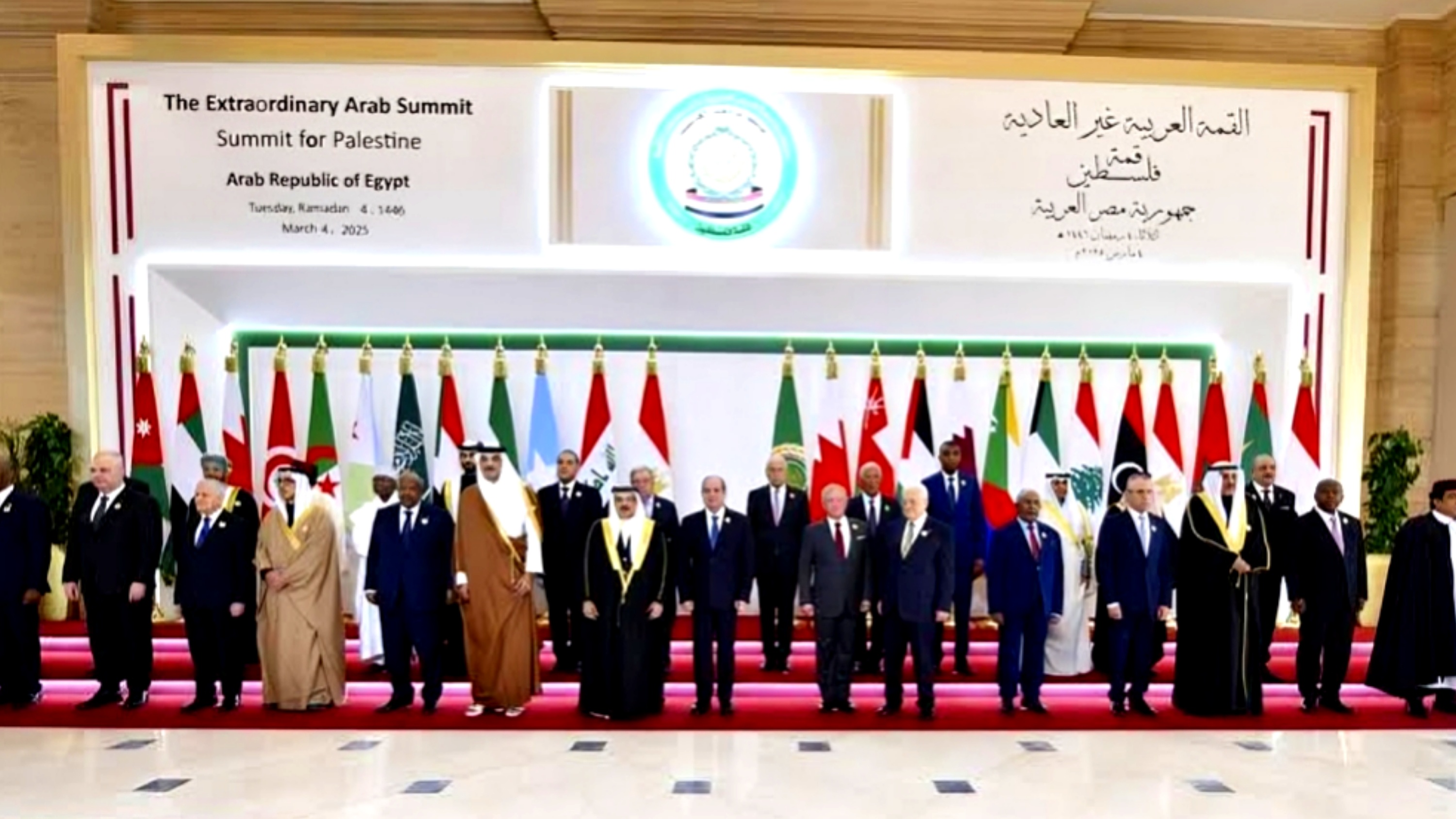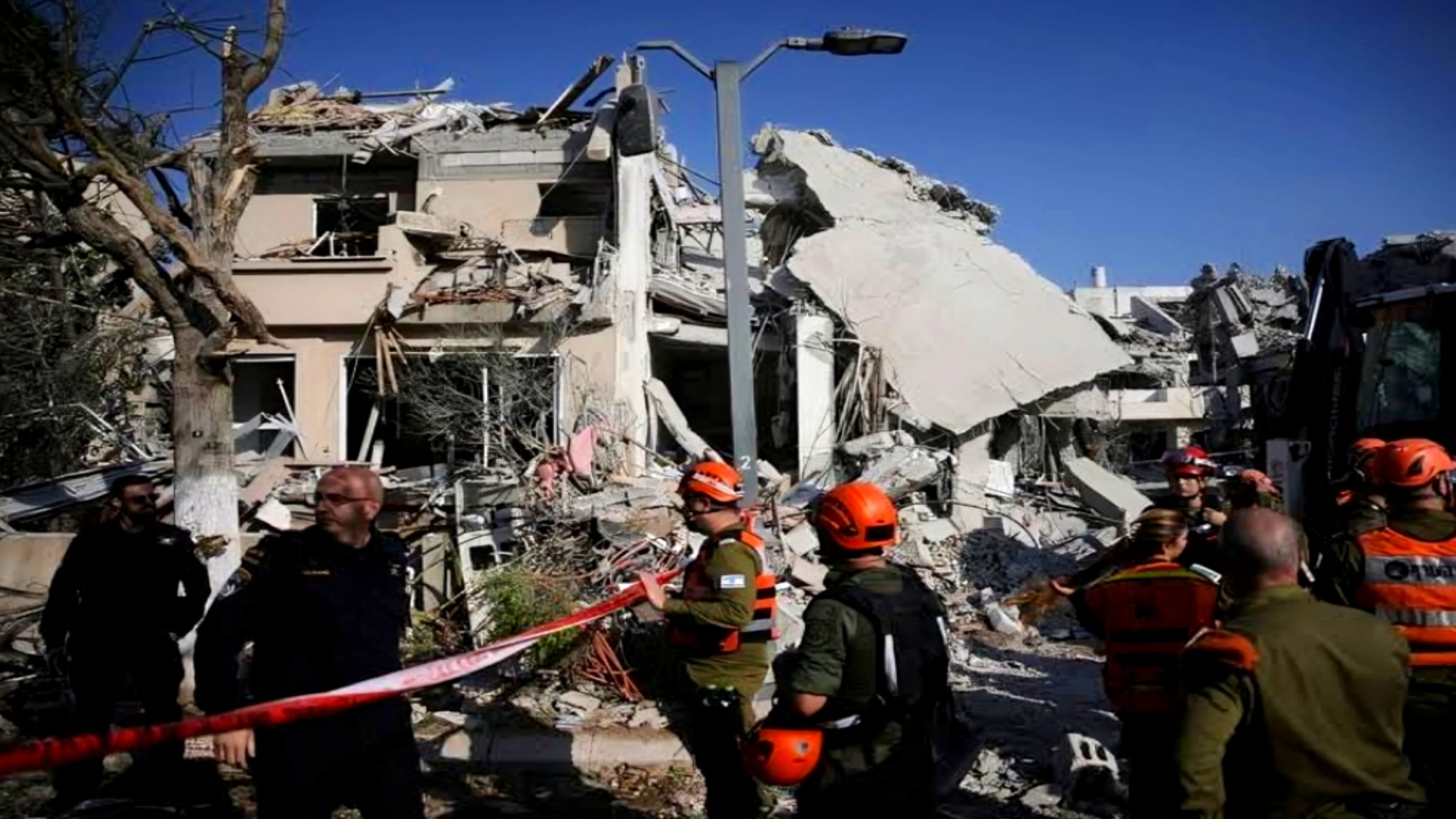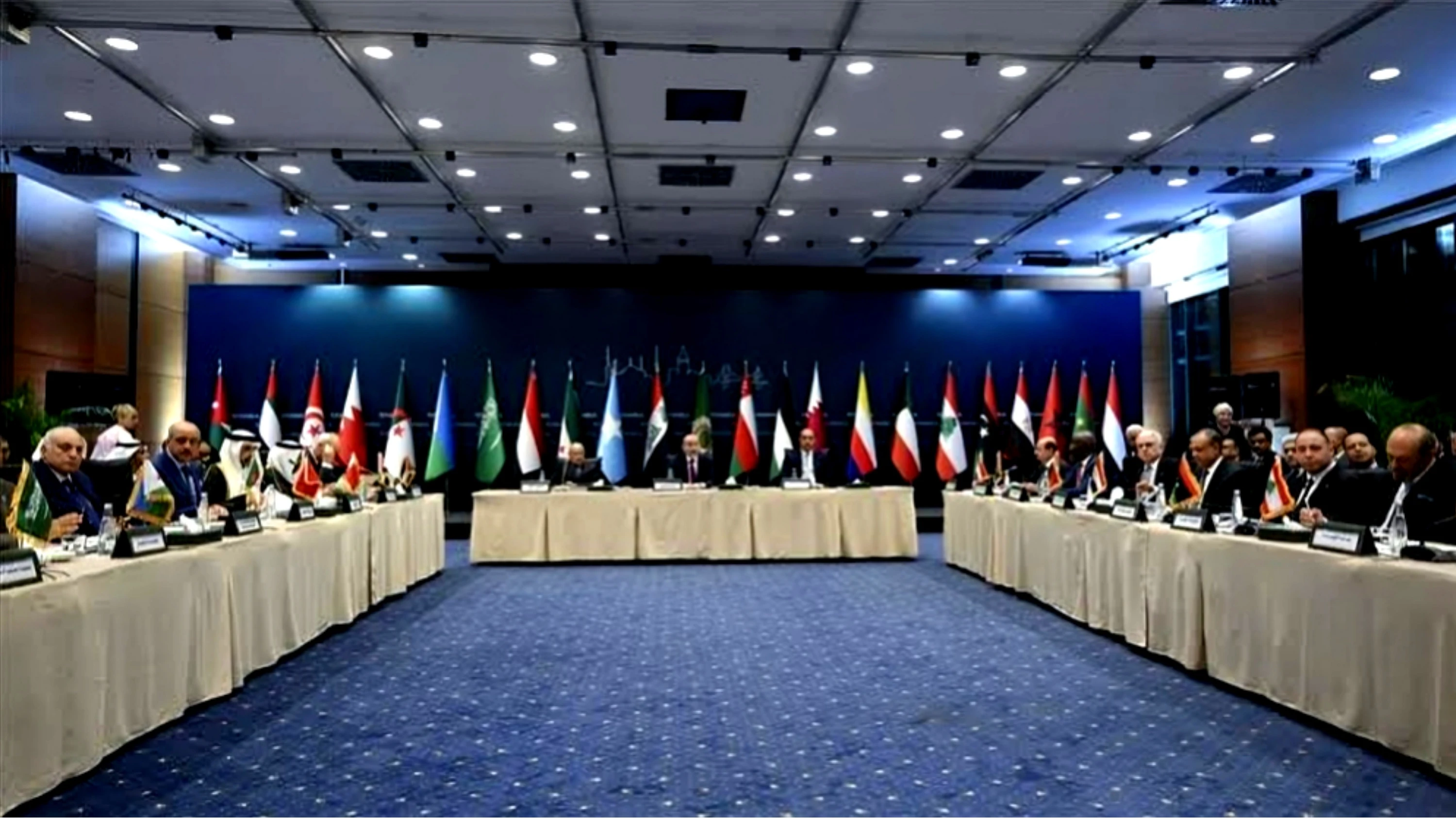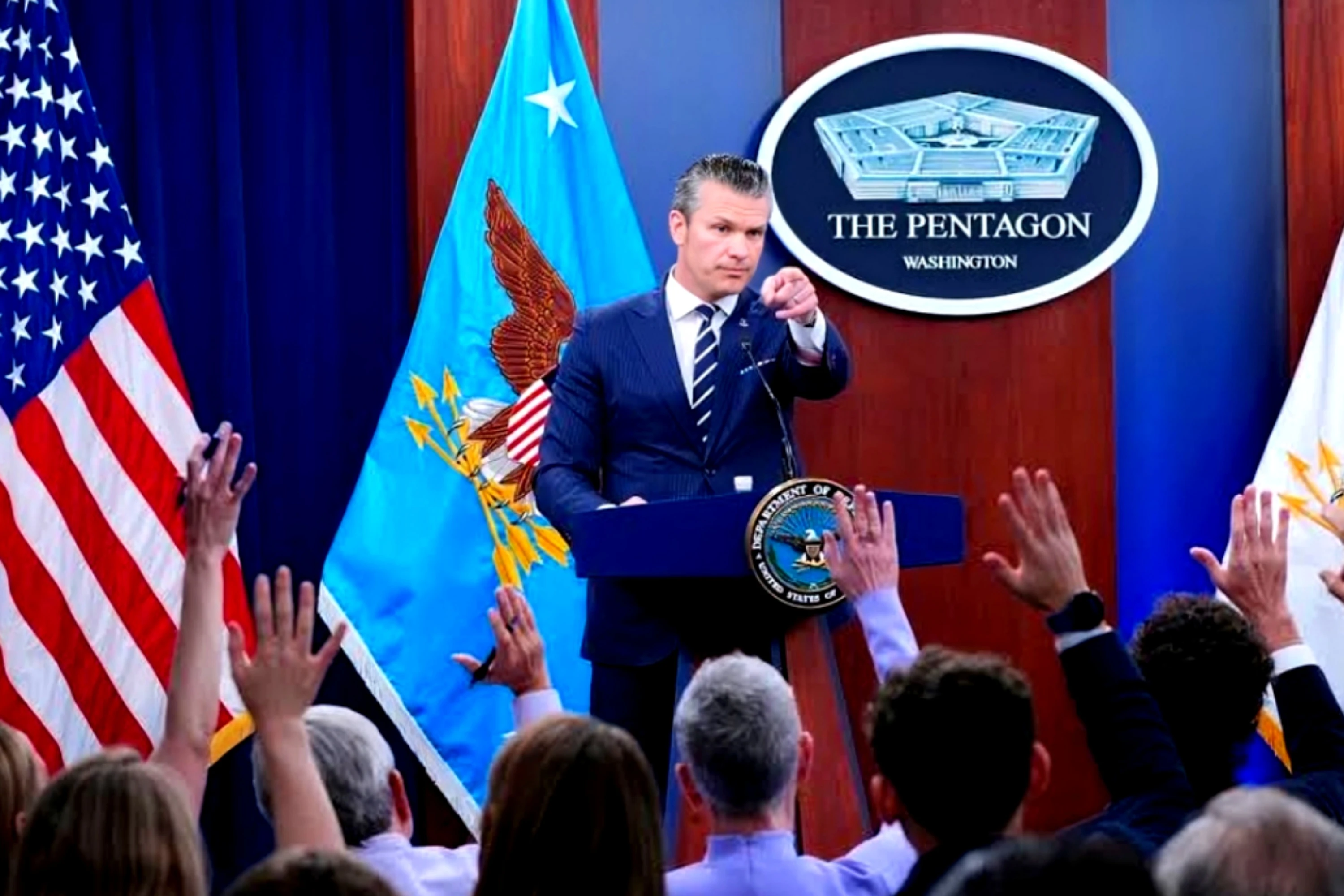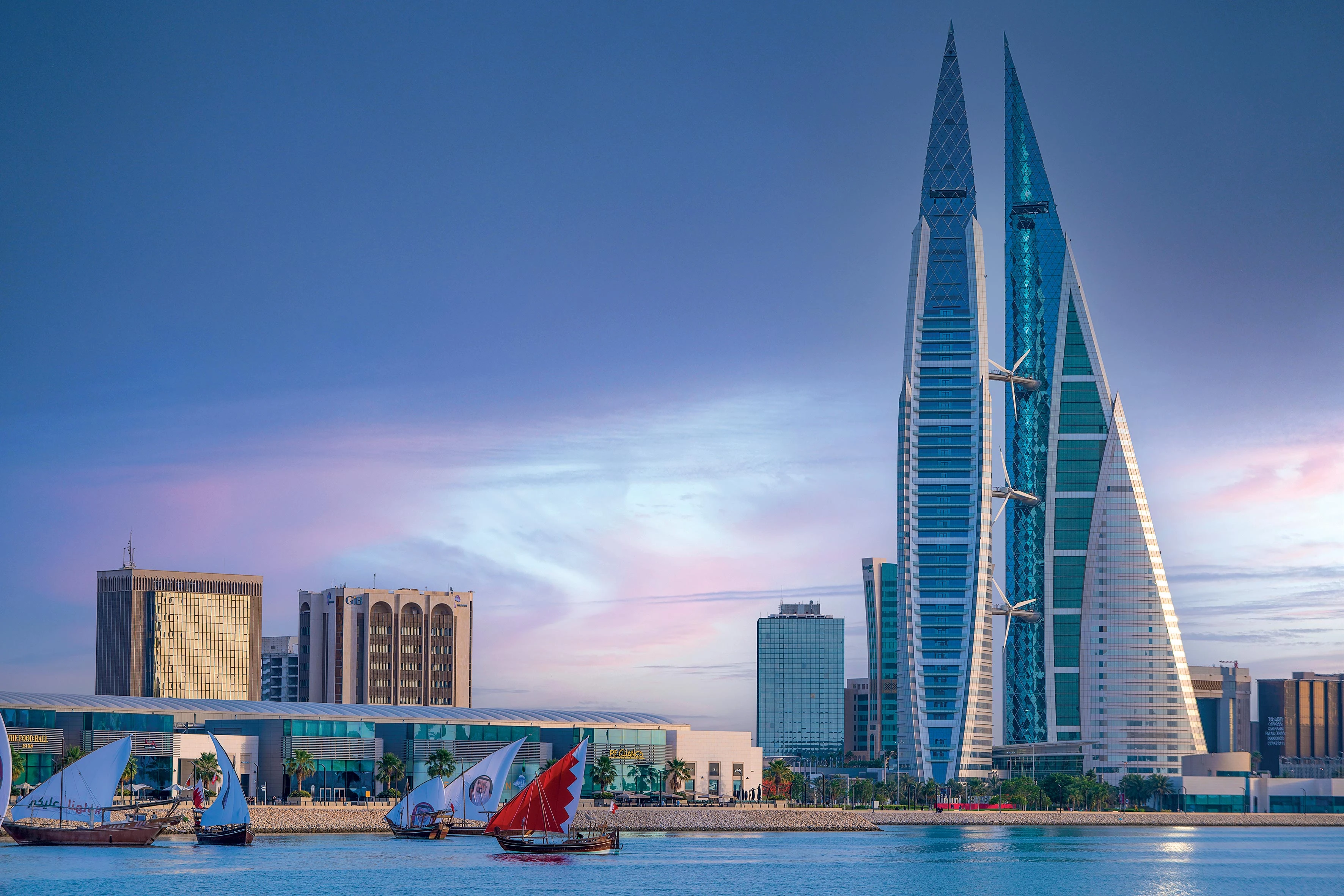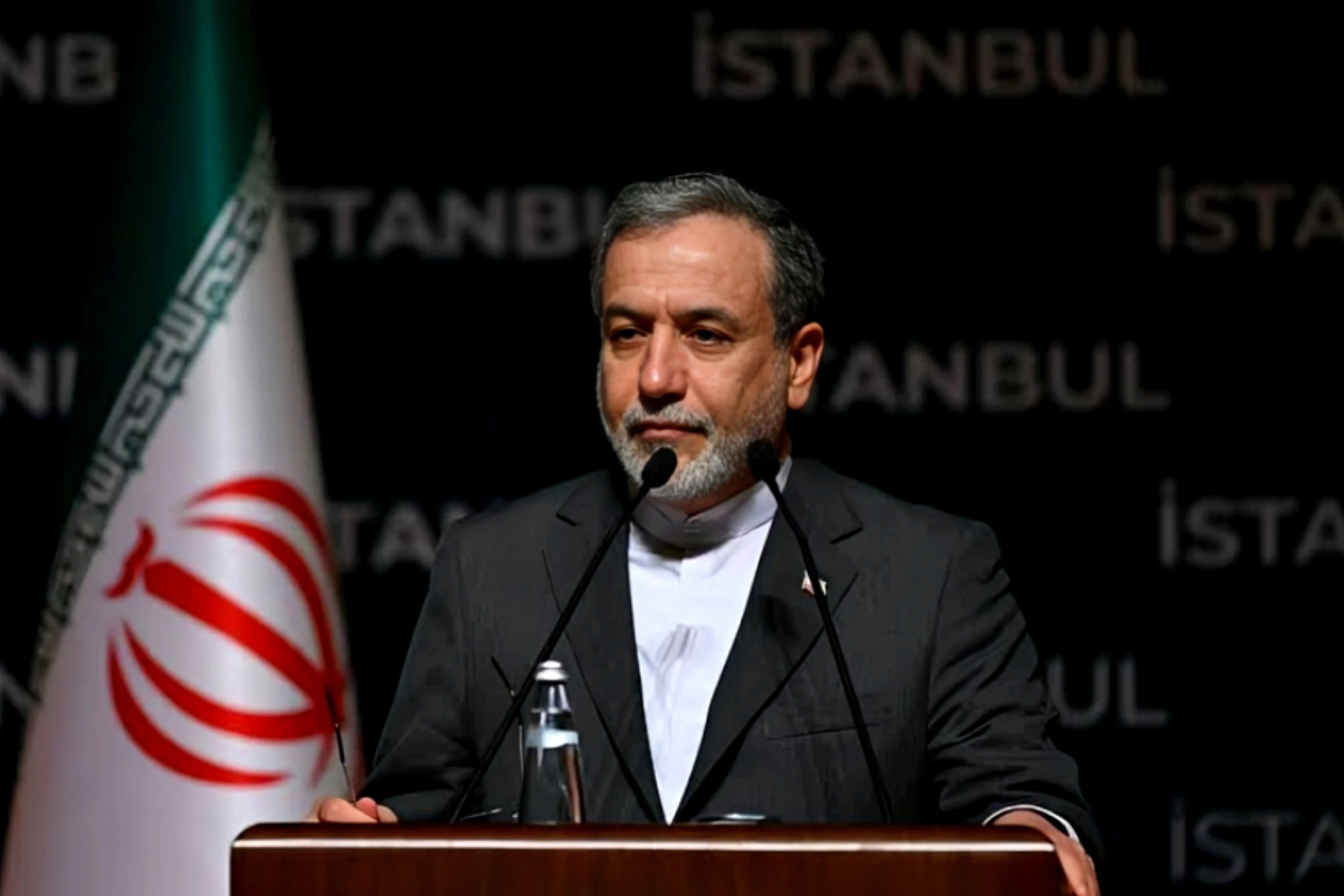Cairo: In a significant move, Arab leaders on Tuesday approved Egypt’s ambitious $53 billion postwar reconstruction plan for Gaza, countering a proposal from U.S. President Donald Trump that suggested relocating the territory’s Palestinian population and redeveloping the area as a tourist destination.
The plan, endorsed during a summit in Cairo, aims to rebuild Gaza by 2030 while ensuring that its roughly 2 million residents remain in their homeland.
Egyptian President Abdel Fattah el-Sissi welcomed international cooperation on the initiative, emphasizing that the project should be part of a broader strategy for achieving long-term peace and stability in the region.
The first phase of the reconstruction effort focuses on clearing the vast destruction left by Israel’s military operations, including removing over 50 million tons of debris and neutralizing unexploded ordnance. The long-term vision includes developing modern, eco-friendly residential areas powered by renewable energy, revitalizing agricultural lands, and creating industrial hubs and public parks. The plan also envisions the construction of a commercial port, a fishing harbor, and an airport—projects that were initially proposed in the 1990s under the Oslo Peace Accords but never materialized due to political instability.
Hamas welcomed the Egyptian initiative, appreciating the collective Arab rejection of any forced displacement of Palestinians from Gaza or the occupied West Bank. However, Israel dismissed the plan, arguing that it fails to address security concerns and does not acknowledge Hamas’ role in triggering the recent conflict.
Israeli Foreign Ministry spokesperson Oren Marmorstein criticized the Arab League summit for not condemning Hamas' October 7, 2023, attack and reiterated Israel’s support for Trump’s proposal to resettle Gaza’s population elsewhere.
The White House reacted cautiously, stating that President Trump remains committed to his vision for Gaza’s future but is open to input from Arab partners. National Security Council spokesperson Brian Hughes emphasized that any postwar plan must ensure Hamas does not retain control of the territory.
As part of the Arab-endorsed proposal, Hamas would step aside in favor of an interim administration composed of politically independent figures until a reformed Palestinian Authority assumes governance.
Arab League Secretary-General Ahmed Aboul Gheit announced that the summit’s final communiqué calls on the United Nations Security Council to deploy an international peacekeeping force in Gaza and the West Bank, reinforcing the Arab commitment to a peaceful resolution.
A draft version of Egypt’s plan details the creation of temporary housing for displaced residents and an innovative approach to land expansion—using recycled rubble as infill along Gaza’s Mediterranean coast.
Trump’s earlier proposal, which suggested relocating Gaza’s residents and transforming the land into a luxury resort destination, drew sharp criticism from Palestinians, Arab nations, and human rights organizations, who argued it could violate international law. Despite this opposition, Israeli Prime Minister Benjamin Netanyahu endorsed the idea, calling it a strategic opportunity.


